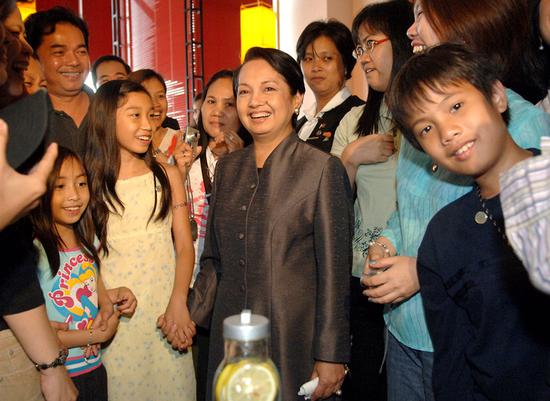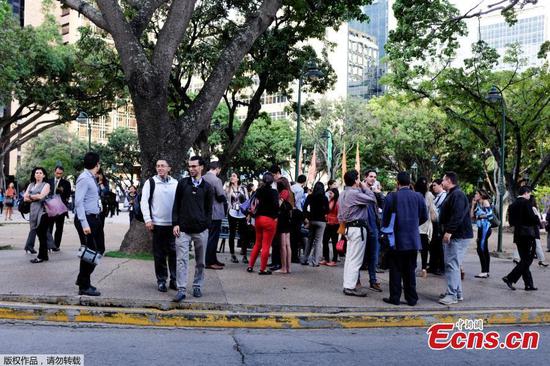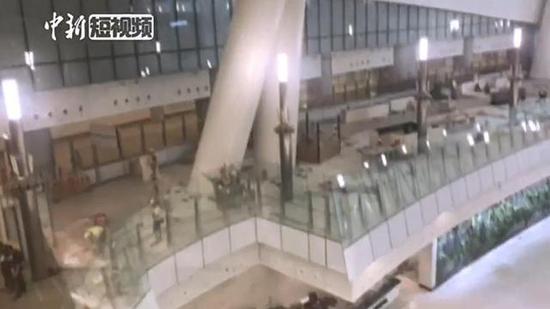U.S. Federal Reserve officials saw an escalation in international trade disputes as a potentially "consequential downside risk" for the U.S. economy, according to the minutes of the Fed's latest monetary policy meeting.
"Participants observed that if a large-scale and prolonged dispute over trade policies developed, there would likely be adverse effects on business sentiment, investment spending, and employment," said the minutes of the Fed's July 31-Aug. 1 meeting released on Wednesday.
"Moreover, wide-ranging tariff increases would also reduce the purchasing power of U.S. households. Further negative effects in such a scenario could include reductions in productivity and disruptions of supply chains," the minutes said.
While many Fed officials signaled that the central bank was ready to raise interest rates as soon as next month, some worried that current trade disputes could force the central bank to rethink its interest rate hike plans.
"Some participants suggested that, in the event of a major escalation in trade disputes, the complex nature of trade issues, including the entire range of their effects on output and inflation, presented a challenge in determining the appropriate monetary policy response," the minutes said.
Fed officials also cited other downside risks for the U.S. economy, including the possibility of a significant weakening in the housing sector, a sharp increase in oil prices, or a severe slowdown in emerging market economies, according to the minutes.
The Fed's warning came after the Trump administration has imposed high tariffs on a variety of imported products worth of tens of billions of U.S. dollars, provoking strong opposition from the domestic business community and retaliatory measures from U.S. trading partners.
"If this process leads to a world of higher tariffs on a wide range of goods and services that are traded, and those are sustained for longer period of time...that will be bad for our economy," Fed Chairman Jerome Powell told lawmakers in July.
The Fed in June increased interest rates for the second time this year, and penciled in two more rate hikes for the year. Most market participants had expected the central bank to raise rates again in September and December.


















































